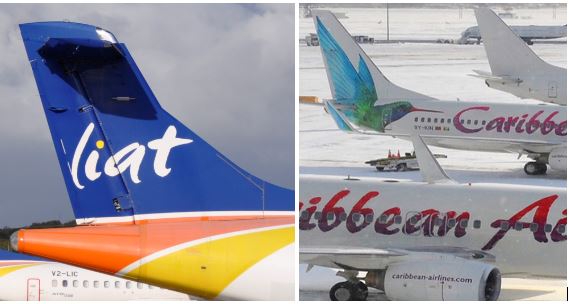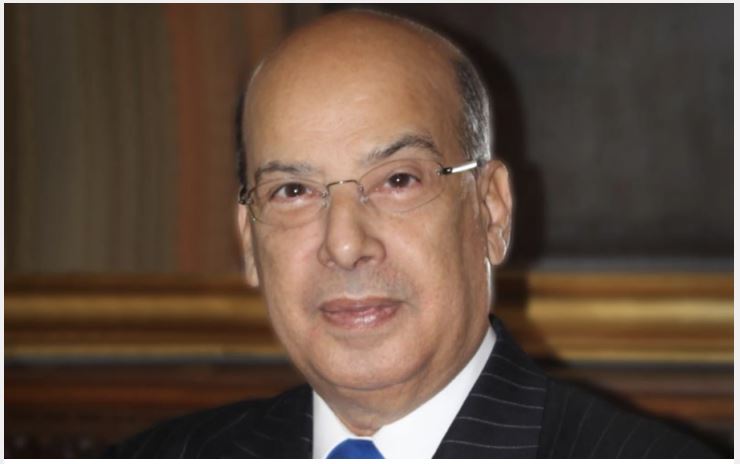With the global aviation industry traumatised by the chilling impact of the COVID-19 pandemic, the Government’s guarantee of a $445 million loan for Caribbean Airlines (CAL) is a lifeline that gives the airline some breathing space as it faces an uncertain future.
For at least the next three months while borders remain closed, CAL has the challenge of meeting recurrent expenses with minimal income. Beyond that looms the great unknown.
Last month the International Air Transport Association projected a 55 per cent decline in airline passenger revenues for 2020 over last year. The Caribbean cannot expect to be spared the coming shake-out in the global airline industry.
On Monday, Prime Minister of Antigua and Barbuda, Gaston Browne, described the sub-regional carrier LIAT as being in a “very precarious state” and in need of a bail-out.
Already forced to suspend its passenger service because of COVID-19, LIAT was hit with a double whammy when the Eastern Caribbean Civil Aviation Authority was downgraded to Category 2 by the US Federal Aviation Administration.
LIAT is one of the many variables that could determine how CAL emerges from the pandemic abyss. With rationalisation of the regional airline sector now seemingly unavoidable, there is no better time for CAL to push its case for acceptance as the regional carrier of the Caribbean.
The point was made in Jamaica a few days ago by CAL director Zachary Harding who urged regional collaboration in response to COVID-19.
Arguing that the pandemic presents opportunities for collaboration, consolidation and mergers and acquisitions, Harding said, “On the business and operational side, I’m saying here’s a situation which has made all the airlines sweat because not everybody will be able to withstand and hold out for six months to a year. Therefore, now is the time for regional airlines to be sitting down and discussing merging, acquiring and collaborations for the sake of increasing efficiencies.”
Noting LIAT’s financial crisis, Harding argued that “it’s about time Caribbean Airlines and LIAT have a serious conversation about coming together”.
Whatever progress is possible on this front should be tackled with urgency with the 11 governments that own a stake in LIAT.
If the national investment in CAL is to be protected, the airline has to move swiftly to put itself on a firm footing in order to strategise its way out of the current industry turbulence and into the clear skies of a future that is likely to be very different from air travel as we know it.
The industry as a whole faces the prospect of re-configuring air travel away from the low cost/high payload model to a different post-COVID model based on social distancing with more space between passengers and fewer seats. With airports and airlines identified as breeding grounds for coronavirus, it will have to embrace innovation in sanitisation.
Moving towards higher cost travel during an expected global recession will bring its own challenges for airline survival. Above all, however, the industry will have to earn all over again the public’s trust in the safety—health-wise—of air travel.
As it positions itself for the journey ahead, CAL will have to draw on every ounce of available support. (TRINIDAD EXPRESS Editorial)




